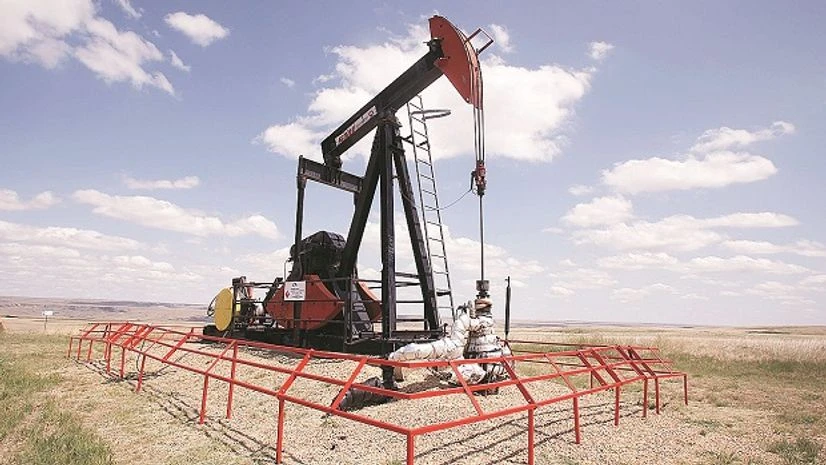Oil prices fell as much as 2 percent on Monday on selling triggered by a rebound in production from Libya's largest oil field along with worries about higher output from OPEC and the United States.
Output at Libya's Sharara field was returning to normal after a brief disruption by armed protesters in the coastal city of Zawiya, the National Oil Corporation (NOC) said. The field has boosted Libya's oil production, which climbed to more than 1 million bpd in late June.
Global benchmark Brent crude futures were down 73 cents, or 1.39 percent, at $51.69 a barrel at 12:13 a.m. EDT (1613 GMT) after trading as low as $51.37 a barrel
U.S. crude futures were down 80 cents, or 1.6 percent, at $48.78 per barrel, after sinking to a low of $48.54 a barrel.
Both contracts stood well below levels hit last week, which marked their highest since late May.
Also Read
Doubts have emerged about the effectiveness of output cuts by the Organization of the Petroleum Exporting Countries and other big producers including Russia. OPEC output hit a 2017 high in July and its exports hit a record.
"The petroleum markets are tipping toward the lower end of their recent trading range as oil producers meeting in Abu Dhabi have been slow to assure the market that compliance with this year's production cuts will be improved, although we continue to note that adherence to the limits has actually been quite strong by historical standards," Tim Evans, Citi Futures' energy futures specialist, said in a note.
"The recent increase in OPEC production has mostly been a function of recovering volumes from Libya and Nigeria."
Officials from a joint OPEC and non-OPEC technical committee are meeting in Abu Dhabi on Monday and Tuesday to discuss ways to boost compliance with the deal to cut 1.8 million barrels per day in production.
Oil output in the United States remained high even though Baker Hughes data on Friday showed a cut of one drilling rig in the week to Aug. 4, bringing the U.S. rig count down to 765.
U.S. weekly oil production hit 9.43 million bpd in the week to July 28, the highest since August 2015 and up 12 percent from its most recent low in June last year.
Some analysts expected OPEC could talk up prices.
"Saudi Arabia will restate that they will export only 6.6 million bpd (six-year low) in August and inventories will continue to draw down," SEB Markets chief commodities analyst Bjarne Schieldrop said.
On the demand side, Goldman Sachs said data available so far for June points to continued strong growth.
"We believe that the biggest driver for this robust demand is strong economic growth in recent months," Goldman said in a note.

)
